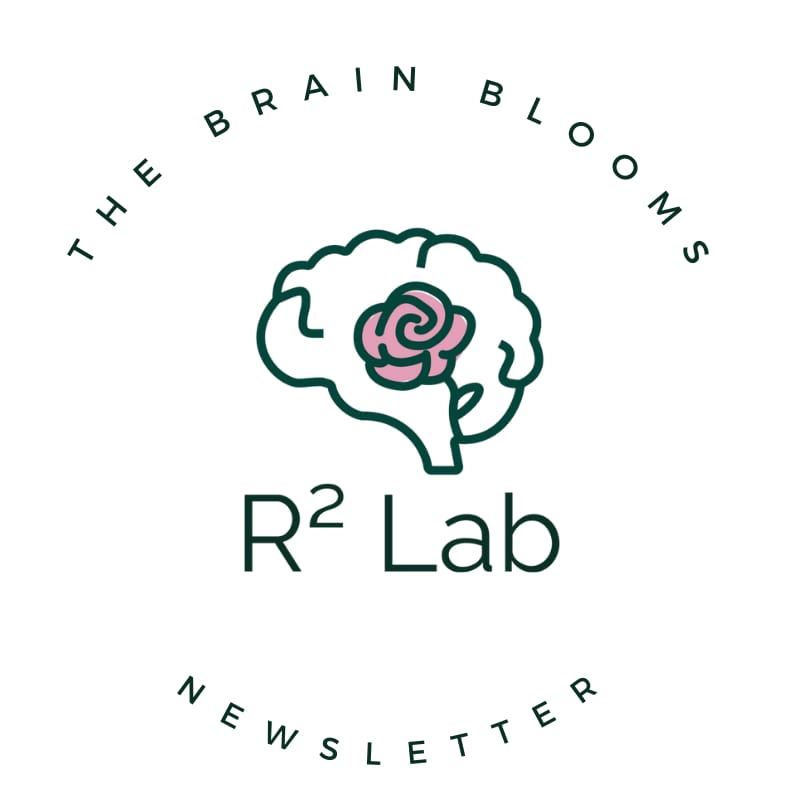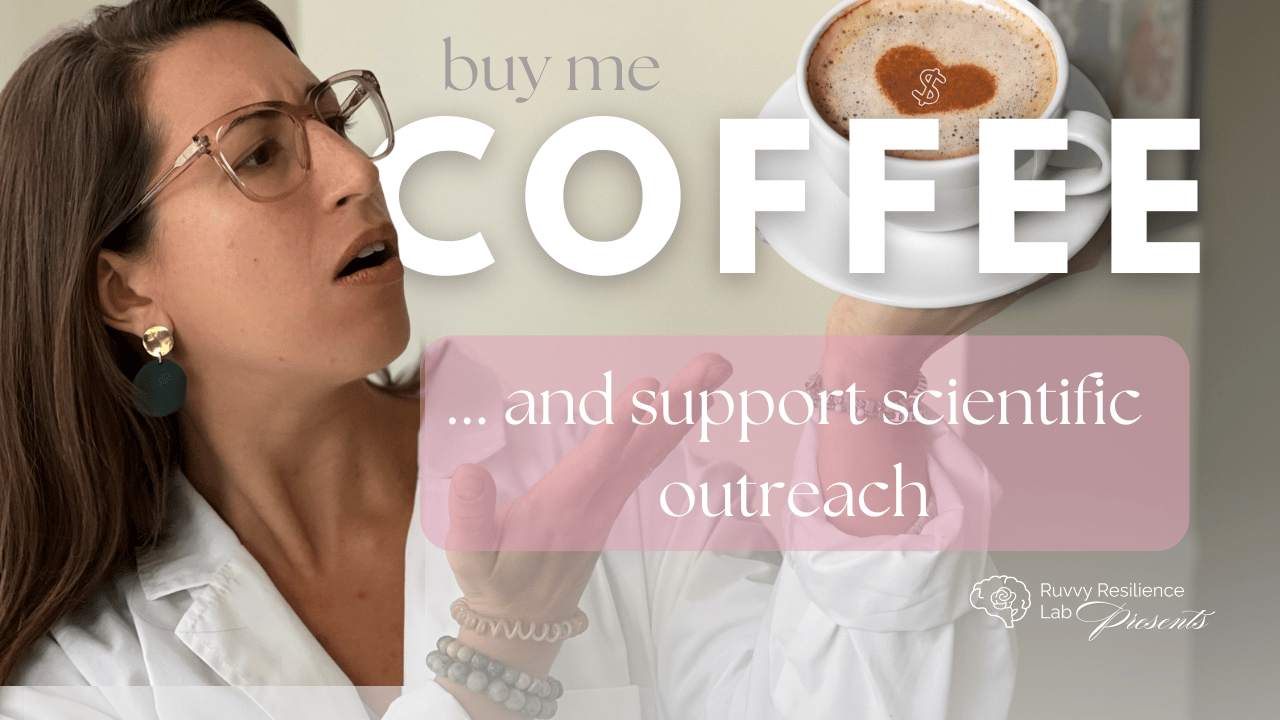- The Brain Blooms Newsletter
- Posts
- Science Saves Lives
Science Saves Lives
Three ways that science has made the world a better place

Three Stories of How Science Has Improved Our Lives
With increasing and continuous attacks on science and the research enterprise from the United States government, it is important to recognize and remember the value of scientific research to improve health, make life a little easier, and save lives. Here are three ways science has improved our world:
Eradication of life-threatening disease: In 1980, the World Health Assembly declared the world to be eradicated, or completely rid of, smallpox. Smallpox was a serious disease that could lead to blindness and death—about 3 in every 10 people who caught the disease would die. Smallpox was also the first disease for which a vaccine was developed. Mass vaccination efforts around the globe led to the eradication of this disease, meaning humans are no longer infected with Smallpox. Science saves lives through the development and use of vaccines.

Vaccines save lives; fear endangers them. It's a simple message parents need to keep hearing.
Navigation of the world around us: Did you know that Einstein’s General Theory of Relativity laid the foundation for developing GPS (the Global Positioning System)? Einstein’s Theory helped scientists understand that clocks run slower under the force of gravity. Because forces of gravity differ on Earth, where we use GPS, and in space, where satellites help determine locations, the difference in time must be taken into account to help us accurately know where we are and where we need to go. Seemingly abstract and complex scientific topics, like Einstein’s Theory, have practical and important applications for our everyday lives!

Reduction of poverty and hunger: Have you ever heard of genetically modified organisms, or GMOs? GMOs are plants that have been modified to provide some benefit, like being resistant to pests or being more nutrient-rich. These changes can help farmers and their crops better withstand environmental challenges and provide critical vitamins to populations that struggle to get the nutrients they need to be healthy. Unfortunately, GMOs are largely produced by a small number of big corporations who attack small farms and restrict access to their patented genetic variations. Ethical use of GMOs, however, can overcome health inequities in the distribution of quality and nutritious food. Understanding the science behind terms we hear about in the news can help us better make decisions about the food we eat, the companies we support, and the policies we vote on.

The Greenhouse of the Mind:
Resources to Help You Bloom
Help Support Science Content & Communication
Our team is so excited to get the word out to the people we serve and inform for FREE … and your support will allow us to put more resources and energy into doing precisely that.
Your donations help fund the creation of content that translates our research into practice.
Consider supporting our outreach efforts:


